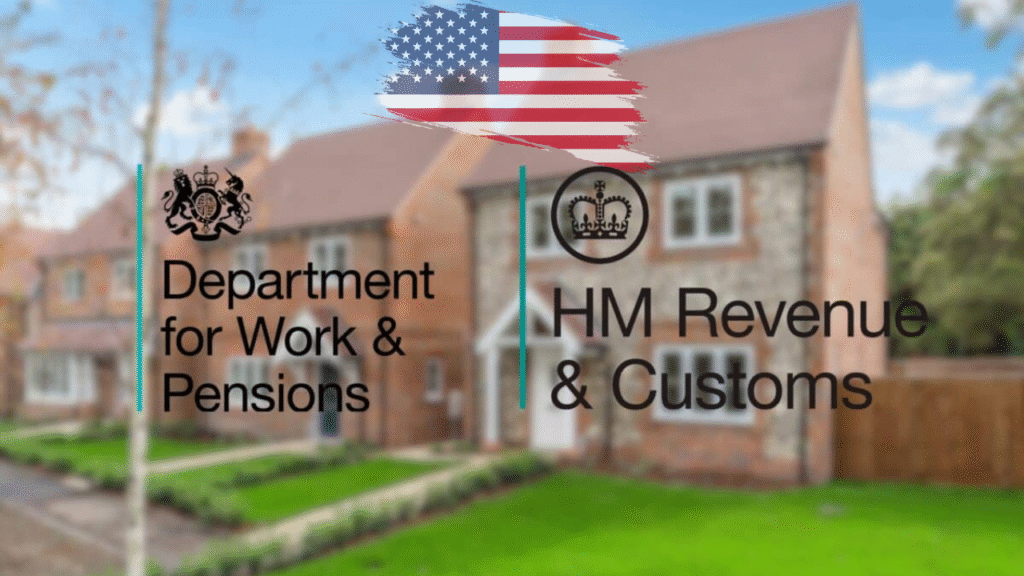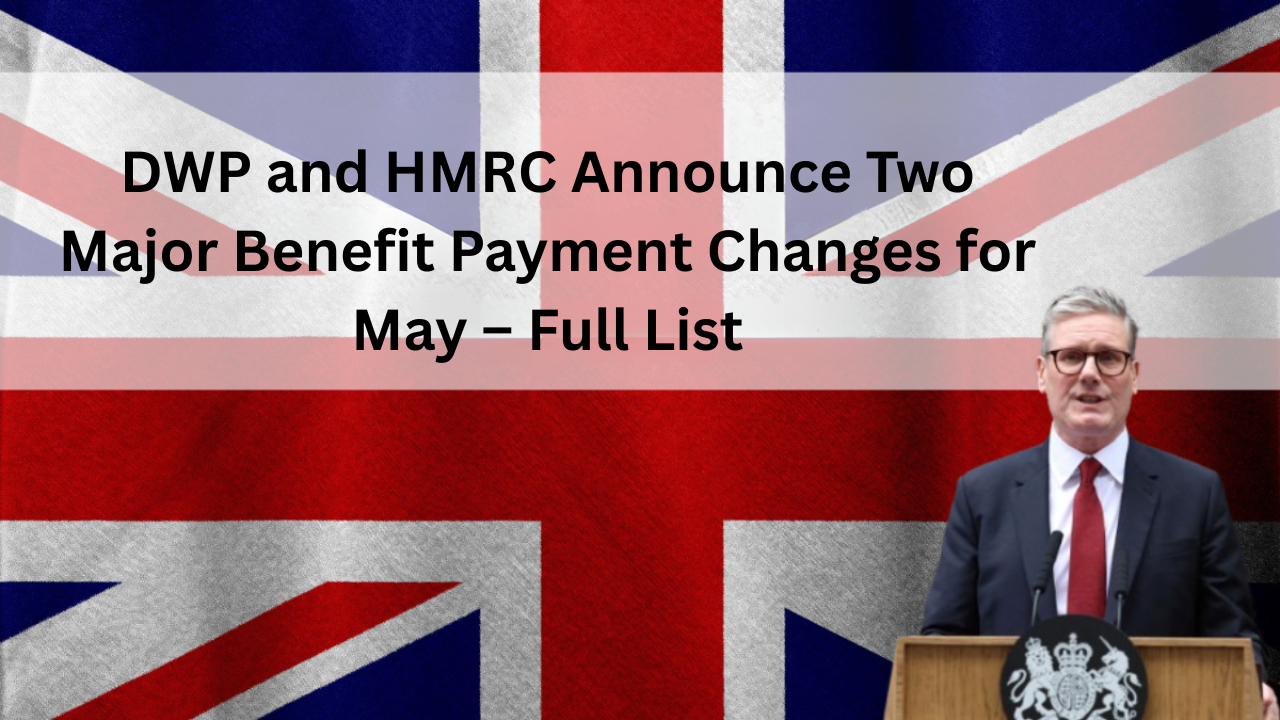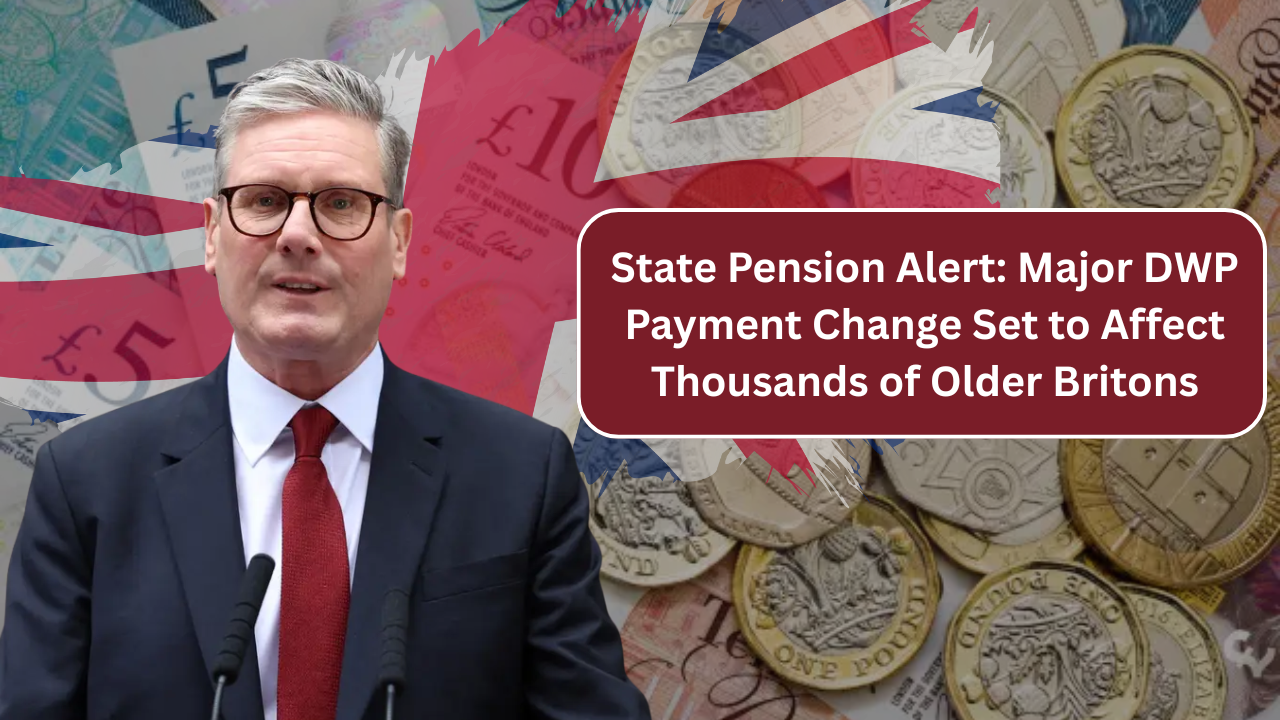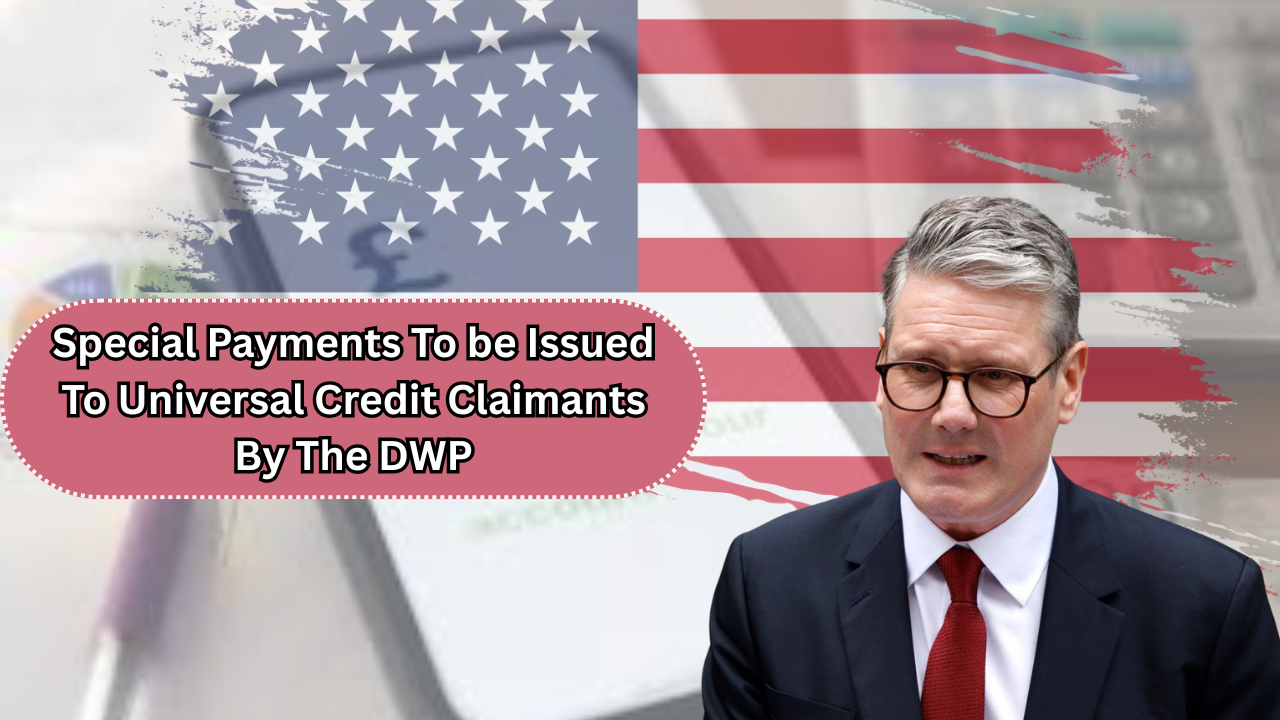In May 2025, several important changes will impact benefit payments administered by the Department for Work and Pensions (DWP) and HM Revenue & Customs (HMRC). These changes include early payment schedules due to bank holidays and updates to various welfare programs. Here’s everything you need to know about the upcoming adjustments.
Early Benefit Payments Due to May Bank Holidays
In order to accommodate the two bank holidays in May Early May Bank Holiday on Monday, May 5, and the Spring Bank Holiday on Monday, May 26 many benefit payments will be issued earlier than usual. This adjustment ensures that recipients continue to receive their payments without delay during the long weekends.
Early Payments on Friday, May 2
Due to the Early May Bank Holiday, the following benefits will be paid early on Friday, May 2:
DWP Benefits:
- State Pension
- Universal Credit
- Personal Independence Payment (PIP)
- Attendance Allowance
- Employment and Support Allowance (ESA)
- Carer’s Allowance
- Pension Credit
- Jobseeker’s Allowance (JSA)
- Income Support
HMRC Benefits:
- Child Benefit
- Guardian’s Allowance
Social Security Scotland Payments:
- Adult Disability Payment
- Child Disability Payment
- Scottish Child Payment
- Carer Support Payment
- Pension Age Disability Payment
These early payments ensure that recipients aren’t affected by the bank holidays and can manage their finances without disruption.
Early Payments on Friday, May 23
The Spring Bank Holiday on May 26 will also bring early payments, which will be issued on Friday, May 23. Benefits paid early will include:
HMRC Benefits:
- Child Benefit
- Guardian’s Allowance
Social Security Scotland Payments:
- Adult Disability Payment
- Child Disability Payment
- Scottish Child Payment
- Carer Support Payment
- Pension Age Disability Payment
It’s important for recipients to note that payments will not be made on the bank holiday itself. Instead, they’ll receive them the Friday before, which helps to avoid any delays due to the holiday.
For more information on bank holiday payments and changes, visit the gov.uk website.
Transition to Universal Credit: Managed Migration
One of the major changes coming in the near future is the transition from legacy benefits to Universal Credit. The Department for Work and Pensions (DWP) is working to move claimants from benefits like Employment and Support Allowance (ESA) and Jobseeker’s Allowance (JSA) to Universal Credit through a process known as “managed migration.”
As of May 2025, the DWP has started contacting approximately 400,000 claimants, mainly those receiving income-related ESA. These individuals will be asked to make a claim for Universal Credit as part of the managed migration process. Claimants are urged to respond promptly to the letters they receive from the DWP, as failure to do so could result in a gap in benefits.
The government has set a deadline for the full managed migration process to be completed by March 2026. This means that over the next few years, millions of claimants who are still receiving older benefits will be transferred to Universal Credit. For further information on Universal Credit and the managed migration process, you can visit the official Universal Credit page on gov.uk.

Revised Benefit Payment Rates
In addition to changes in payment dates and migration processes, benefit rates are also being updated. These adjustments are in line with inflation and other economic factors.
For April 2025, benefits saw the following increases:
- Universal Credit payments are being updated to reflect the revised rates for the new financial year.
- State Pension was increased by 4.1%, marking a significant rise to keep pace with inflation.
- Other benefits, including PIP, ESA, and JSA, saw a 1.7% increase in line with the Consumer Price Index (CPI) for the year ending September 2024.
These increases are part of the government’s ongoing effort to ensure that benefits keep up with the cost of living, although many recipients argue that inflation is still outpacing these rises.
For more details on the latest payment rates, visit the DWP Benefits Update Page.
Personal Independence Payment (PIP) Eligibility Update
Starting next year, a key change will be implemented for the Personal Independence Payment (PIP), which helps people with long-term health conditions and disabilities. Under the new rules, PIP applicants will need to score a minimum of four points in one daily activity in order to qualify for the benefit.
This change is part of the government’s ongoing effort to simplify the assessment process and ensure that only those who genuinely need help receive the support they are entitled to. Those who currently receive PIP but are concerned about the eligibility changes are encouraged to keep in touch with the DWP and seek advice as needed. For further information, visit the PIP page on gov.uk.
The Right to Try: Work Guarantee for Disabled and Long-Term Sick People
A significant reform is also underway to help people with disabilities or long-term health conditions. Starting later this year, the government will introduce a “right to try” work guarantee. This initiative aims to support individuals who are capable of working but have struggled to find employment due to their condition.
Under the new system, people with disabilities or long-term health conditions will be given a “right to try” work guarantee, which will involve assistance in finding suitable work and an enhanced focus on workplace support. In addition, the government has pledged £1 billion in investment to help individuals with severe health conditions secure employment.
The government also plans to scrap the Work Capability Assessment and introduce a new premium for individuals with severe, lifelong conditions, though further details are still to be confirmed. For updates on this initiative.
Conclusion
The May 2025 benefit payment changes are an important reminder for claimants to stay informed about payment dates and any new eligibility criteria. Early payments during bank holidays, the transition to Universal Credit, increases in benefit rates, updates to PIP eligibility, and the introduction of a work guarantee for people with disabilities are all significant changes to the welfare system.
For more detailed information on specific benefit changes and payment schedules, claimants are encouraged to visit official government websites, ensuring they are fully prepared for these shifts.




